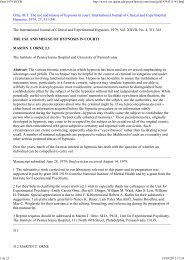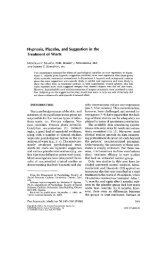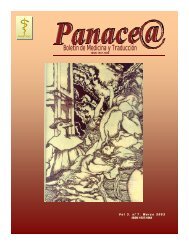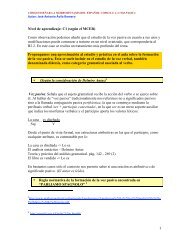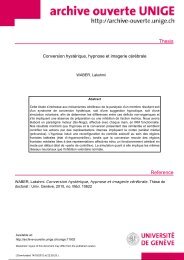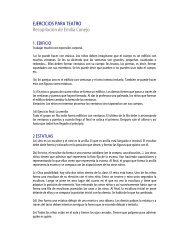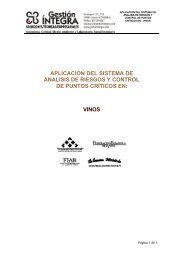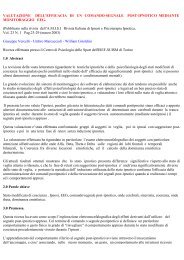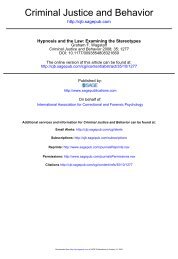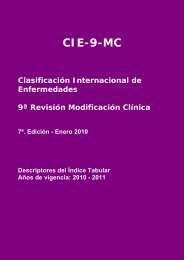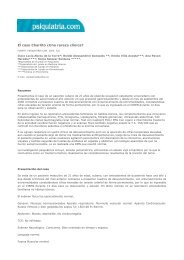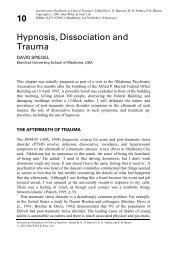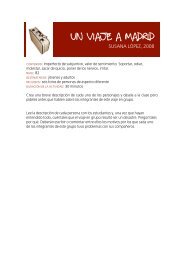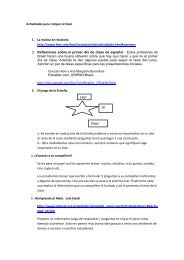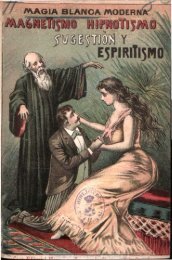Diccionario etimológico comparado de la lengua castellana
Diccionario etimológico comparado de la lengua castellana
Diccionario etimológico comparado de la lengua castellana
You also want an ePaper? Increase the reach of your titles
YUMPU automatically turns print PDFs into web optimized ePapers that Google loves.
2556 ÍUNI^Á Í^AkA<br />
SIGN.— 1. fam. Lleno <strong>de</strong> presunción y vanidad.<br />
Ú. t. c. s.<br />
2. m. aum. <strong>de</strong> fantasma.<br />
Fantástica-mente. adv. m.<br />
Cfr. etim. fantástico. Suf. -menie.<br />
SIGN.— 1. F'infíidamenle, sin realidad:<br />
Aquellos otros dos sentidos mas sensuales <strong>de</strong>l gusto<br />
y <strong>de</strong>l olfato no ine sirven mas que á muerto, phanttis<br />
ticamente los exercito. Ant. Per. Cart. p. 1. c. ll.O.<br />
2. fig. Con fantasía y engaño.<br />
Fantást-ico, ica. adj.<br />
Cfr. elim. fantasma. Suf. -ico.<br />
SIGN.— 1. Quimérico, fingido, que no tiene<br />
realidad, y consiste sólo en <strong>la</strong> imaginación :<br />
Veo por ventura tu cuerpo ó es ilusi()n phantdstica<br />
<strong>la</strong> que mis ojos miran? Sold. Pind. lib. 1, 8 12.<br />
2. Perteneciente á <strong>la</strong> fantasía.<br />
3. fig. PresunluoíO y entonado.<br />
Fa-ñ-ado, da. adj.<br />
ETIM.— Compónese <strong>de</strong> fa- <strong>de</strong>l verbo<br />
FAR=FACER (cfr.) y *-añ-ado <strong>de</strong> año<br />
(cfr.), seguido <strong>de</strong>l suf. -ado {fa-{-año-^<br />
ado =FA-Ñ-M)o). Etimológ. significa <strong>de</strong><br />
]iace un año. Esta forma <strong>de</strong> part. pas.,<br />
supone un verljo */añar, cumj)lir un<br />
año. Cfr. fer, fecho, anual, etc.<br />
SIGN.— Dícese <strong>de</strong>l animal que tiene un año:<br />
Despuntarles bien <strong>la</strong>s orejas, porque <strong>de</strong>sque son fañados<br />
trA\\en\a.a siempre mejor é mas enfiestas. Mont. R.<br />
D. Al. lib. 1, cap. 39.<br />
Faquí. ni.<br />
Cfr. etim. al-faquí.<br />
SIGN.— ALFAQUÍ.<br />
Faqu-ín. ni.<br />
ETIM.—Del ital. facchino, mozo <strong>de</strong>l<br />
trabajo, es|)orlillero; <strong>de</strong>l que se han<br />
propuesto tres etimologías: el anliguo<br />
f<strong>la</strong>menco vant-kin, mozo, muchacho; el<br />
úvñbe faquir, pobre, necesitado, primit.<br />
<strong>de</strong> faquir (cfr.), y el <strong>la</strong>t. fascis^ carga,<br />
carguío, peso. Diez (cfr. Dicl.), propone<br />
<strong>la</strong> primera, para <strong>la</strong> <strong>de</strong>rivación <strong>de</strong>l franc.<br />
faquin, <strong>de</strong> don<strong>de</strong> proce<strong>de</strong>iía el ital.<br />
facdiino, siempre que se halloi-a <strong>la</strong> pa<strong>la</strong>bra<br />
en el ant. francés, lo que hasta <strong>la</strong><br />
fecha no se ha verificado, l'li nombre<br />
árabe no resi)on<strong>de</strong> ni á <strong>la</strong> forma ni al<br />
significado <strong>de</strong> faquín, y el <strong>la</strong>t. fascis,<br />
íascem, no pue<strong>de</strong> ])roducir facchino,<br />
sino fascio. Queda, pues, este nombre<br />
sin etimología aceptable. Hay, sin embargo,<br />
en grg. 'fáx-eX-o?, jiaquefe, lio, manojo,<br />
conjunto <strong>de</strong> cosas atadas y envueltas;<br />
fagote, rollo, atado, etc.; el cual,<br />
atendida <strong>la</strong> colocación <strong>de</strong>l acento en <strong>la</strong><br />
primera vocal, se convierte en (páx'Ao?<br />
( = fac'lo), y luego en *facchio, según se<br />
advierte en el \qL óculus—oc'lus = occhio,<br />
ital.; núcleus = noccliio; foeniculum =<br />
foenic'lum—Jinocchio; aurícu<strong>la</strong> = auric<strong>la</strong>=orecchiay<br />
etc. De '^if.''Ko



